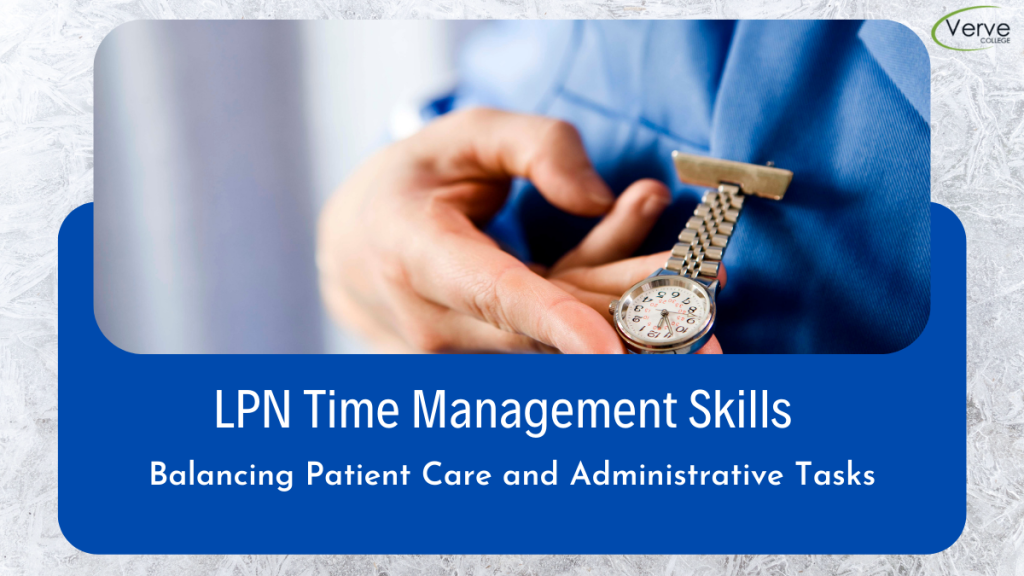- Oak Brook:(630) 705-9999
- Chicago:(312) 920-8822
- Email:inquiry@vervecollege.edu
- Make a Payment
- Home
- Programs
- Admission
- Resources
- ATI Entrance Exam Resources
- New E-Digital Library
- Refer a Friend
- School Newsletter
- Events
- Employers
- Job-Network
- Alpha Beta Kappa Candidates
- Verve College Library
- Graduation and Pinning Ceremony Photo Galleries
- Textbook Information
- Career Services
- Tutoring
- School Catalog
- FAQ
- Constitution Day Program
- Alumni
- Verve College Plans
- Financial Aid
- HEERF Reporting
- Satisfactory Academic Progress
- Apply For Financial Aid
- Net Price Calculator
- Return of Title IV Funds (R2T4)
- Financial Aid Office Code of Conduct
- Contact
- FAQs
- Verification Policy
- Vaccination Policy
- Student Right-to-Know Act
- Misrepresentation
- Information Security Program
- Academic Award Year
- Availability of Employee
- Cost of Attendance
- Health & Safety Exemption Requirement
- Students Rights and Responsibilities
- Leave of Absence
- Pell Formula
- Military Students
- Grants/ Scholarship Policy
- Contact Us
- Testimonials
- Blog
Is a Nursing Career Right For You?
Take The Free Quiz
LPN Time Management Skills: Balancing Patient Care and Administrative Tasks
LPN Time Management Skills: Balancing Patient Care and Administrative Tasks
There are a lot of different online programs available to learn how to do things. You can find LPN classes to know more detail about the diploma program.
Good Time Management Skills For LPNs
1. Do It The Right Way
Healthcare requires collaboration in basic patient care. The time and resources available to the nursing staff are insufficient to handle all facets of patient essential care. That’s all right. Nurses and other medical specialists might be helpful. There is an art to using a nursing assistant, even though they might make your life on the floor easier. You shouldn’t leave your helper to handle all the work in nursing jobs.
The foundation of nursing is relationships. This also applies to your interactions with your nursing assistants. Be careful not to delegate unless you truly have a higher need than a nurse can provide in critical care such as done during the COVID-19 pandemic. This will save time and demonstrate to your helper that you won’t do everything yourself. This encourages cooperation, which will help everyone time, which you can learn in LPN nursing programs for a degree in nursing.
2. Get There Early To Prepare The Little Things
It can save time and make your day easier by arriving on time for work. Keep in mind has all the necessary supplies, including tape, alcohol swabs, and pens, before clocks in. Anything to make it easier to find something you need later. Nurses cannot control their workspace like other professionals. A clinical hour workday is a very unpredictable time. Spending a few seconds on the tiny things is worthwhile in the medical field or nursing field in the care of patients.
3. Prioritization is a Nurse’s Best Friend
Critical thinking is a component of time management. Prioritizing your time is a key component of time management. Prioritizing and asking the correct questions are critical thinking skills that nurses must possess in clinical practice or nursing education.
In nursing school programs or clinical training, time management is taught to nurses in this manner. Yet, nurses must remember that, unless it involves providing patients with medication, they cannot complete everything. Certain obligations must be fulfilled. Some tasks must be finished. Meanwhile, some tasks can be postponed until the following day or shift. For instance, less important administrative jobs. Many tasks, unless related to patient safety (wound care) or medication administration, can wait for healthcare professionals.
4. Even If You Don’t Need One, Take Breaks Whenever Possible
Many new nurses are shocked to learn there is no way to predict how each day will go. A routine day can become tiresome after only one phone call. If you feel stuck, pause and munch on a snack while updating the patients’ charts. Anytime is a good moment to take a break from the nursing ladder to get nursing experience or clinical experience you have to manage your time which you learn in LPN programs for a nursing degree.
5. Anticipate Needs
Is there anything else? It is frequently less successful than asking for specific things. Patients won’t consider what they need unless you convey it to them. These brief procedures can be completed to prevent the patient from calling you in an emergency. As a result, you can make fewer journeys and anticipate the patient’s demands in clinical rotation.
6. Balance Work And Life
A 12-hour workday is a long workweek. Your workday may easily extend to 14 hours when you include the time required to prepare, drive, and stay up late to finish difficult reports. This can make life challenging for many people, especially those with families or children. Your capacity for the organization is crucial. You must develop methods to lessen the strain caused by working shifts. Examples are exercise, hobbies, and spending time with family and friends(daily living) in healthcare careers. Weekends should be spent with loved ones. Simply go outdoors for a stroll or a trip to the grocery shop to clear your brain in the nursing profession.
7. Have Fun
Nursing careers can be stressful. Choosing the right time to have fun or let off steam can help reduce stress and avoid burnout to manage in the healthcare journey. Advanced practice nurses don’t necessarily include cartwheels. Each practical nurse has to find a way to ease the stress of their job to become a clinical nurse specialist.
Conclusion:
Although it can be rewarding to work as a nurse, many responsibilities and stressful situations come with the healthcare field job. Nurses can enjoy better, more fulfilling lives by mastering time management techniques and working through their shifts. There are a lot of different online programs available to learn how to do things. You can find LPN classes near me to know more detail about the diploma program.
 Sign up
Sign up Login
Login




